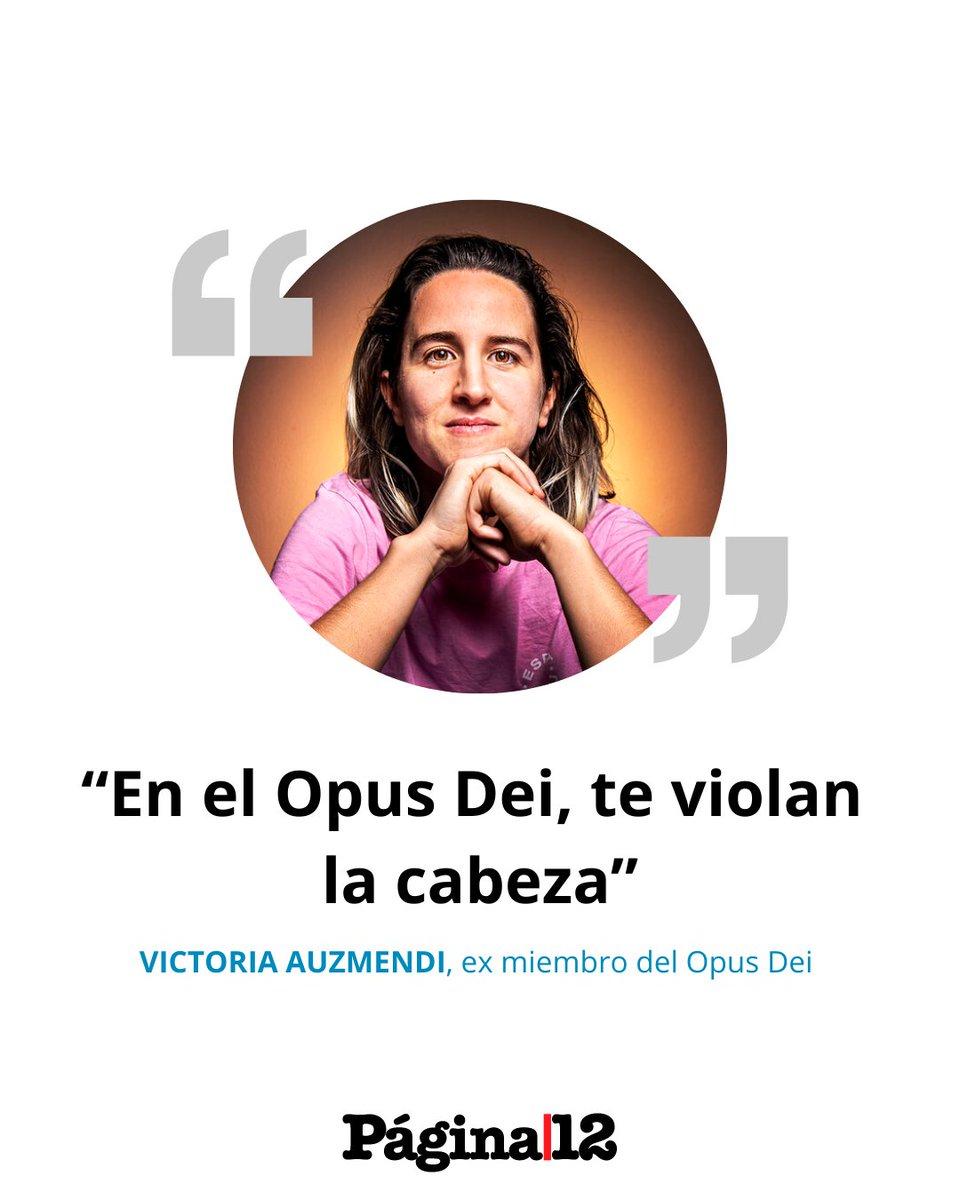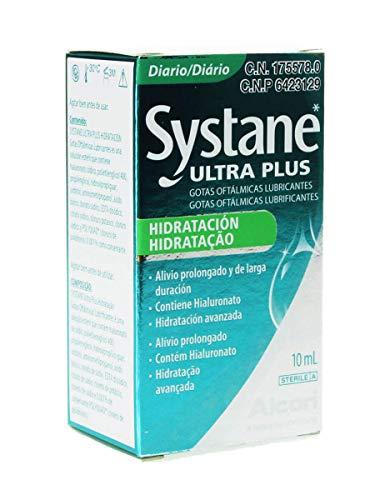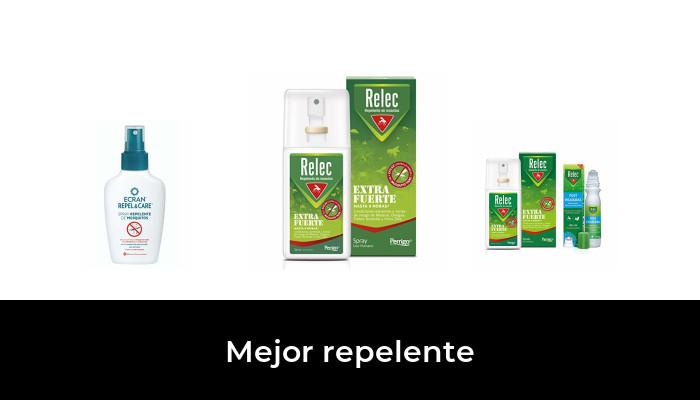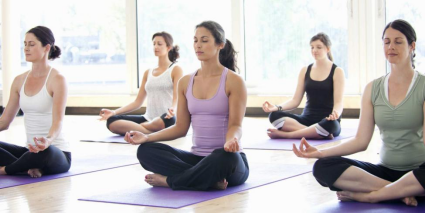In Opus Dei, they rape your head
Victoria is 29 years old, lesbian, doctor and former member of Opus Dei, an ultra-Orthodox Catholic congregation with a presence in 68 countries and 90,000 members. Many of them are high-profile professionals, who officiate as bishops of the Church, and who move in the three branches of the State, in the health system, education, and the private sector.
From the age of 18 to 23, Victoria lived in the Federal Capital in a center of this institution, where the directives, which responded to the “community” practices of the Opus Dei organization, imposed systematic and sacrificial restrictions on her. She was not allowed to manage her own money without first being accountable and asking permission before using it. He also did not have a key to the building that he considered his "home" -so that they always see what time he entered and left there-, nor could he buy clothes without supervision, nor watch movies that have not been "approved", nor keep the gifts that someone could give him; I didn't even have permission to choose what to eat, or when.
They also didn't let her have “very close” friends (that was seen as dangerous), or have her own computer to use the internet, because that was also a risk. Leisure time did not exist for her: her routine alternated between going to college, going to mass or having "indoctrination" talks, she admits. She had no privacy, not even in her own mind: even when she prayed silently alone, she had a prayer book to follow. She had the exit door open, but that wasn't enough to let her leave.
At the same time, she observed how Opus recruited adolescents and young women without the tools to defend themselves, in situations of absolute vulnerability, from provinces such as Chaco, and brought them to these centers in Buenos Aires with the promise of offering them a better life and provide education. However, they made them believe, based on manipulations linked to a commitment to religious fidelity, that God "asked" them to take care of the centers for women and men. They, called “auxiliary numeraries”, could not leave there, because they did not have money either, they had lost contact with their support network and they had no work experience. They were literally on the street.
Do they have them enslaved?
-They serve you the table as if you were a… they serve you the table! They take your plate away!
And you could say this, question it?
-Yes, but they have an answer for everything, they tell you that “it happened like that in Argentina”… They are super class-minded.
Vicky's ways of showing loyalty to God included sleeping, every day, on a wooden board, wearing metal attached to her body for two hours a day that punctured her skin, and eventual self-flagellation: all of this had to being promptly notified to a superior, who required him every week to tell her absolutely everything he did and what he did not. "I tell you that I keep dreaming that I'm still there, that I didn't leave," she reveals.
And what do you dream?
-Last time I dreamed that I was with Sabri, and that there were people from Opus. I dreamed that I was there, that I had not left.
Sabri is his girlfriend, the one he lives with. When I met her, at her house, she was going to play soccer, a sport that both of them love. Vicky welcomed me into her apartment in crocs and a jogging suit, invited me to have a citrus tea and offered to take off my shoes to make me more comfortable. His apartment has a smell of incense and clean, he told me it's because I came to write him a note, but I don't believe him.
Approaching the flock
Vicky grew up in a Catholic family in La Plata, her parents are also from Opus and she grew up in a school of this institution. Although she remembers that when she was a girl she played ball with her cousins, her whole world revolved around a female universe: a girls' school where her references were adult women. Although she didn't know she was a lesbian at the time, she tells me that when she was a girl, once, she cut out a photo of Pampita from a magazine, without really knowing why she was doing it. “It was so obvious!” she tells me, laughing.
At the age of 14 he began his journey as a member of Opus. It was at that moment that teachers from her school approached her to invite her to participate in activities that, at first, she was very excited about.
How was your process to integrate Opus?

-First, they grab you when you're young, when you don't understand shit about life, and even less coming from such a biased school. They start with things like “Let's go to an old people's home”, “Let's go to a hospital to read stories to the children, things like that, that you say “how cute!”, and in the middle they put their small talk.
What do they tell you in small talk?
-That you can do things for others, that you can make your life have meaning. That if you do what God asks of you, you will be happy. And that is shutting you down: do what God asks of you, be good to people and you will do well in life. It closes you, but in the middle they co-opt you and they put ideas that are not so good.
Like what things?
-Like the idea of modesty, for example. They have really stupid rules, like "you can't wear a bikini", you know? Everything is sin and everything is fault. In other words, think that for them, it is a sin to even think: "I want to have relations with such a person. How good that would be!", that is already a sin. Everything that is sex is impure.
And you realized that you were sinning? Did you have those ideas sometimes?
-Yes, yes...
And did that make you feel guilty?
-Total guilt, all the time. For example, the subject of masturbation, -which now I realize is all right-, at that time it was not right, it was a sin. For them it's a mortal sin, you're going to hell for it.
What did you like about all this?
-The idealistic, the idea that one can change the world, bullshit like that. It's like a club, they grab you as a girl, they have cooking, singing, dancing classes... And in the middle they put doctrine on you. Now I realize that the normal thing is that nothing shuts you down, or that you doubt everything. But at that moment you have all the answers... I mean, it's very simple, the rules don't have gray areas, they are very simple and short, and you have a group to which you belong, in which everyone thinks alike.
What was a day in your life like at that moment, at the age of 14?
-I lived with my family, I got up at six in the morning, I read the Bible a little…afterwards I went to school, I went to mass, I prayed the Rosary when I could; Also in the morning I would say a prayer, which lasts about half an hour, in which you are praying with God, as if it were a conversation. And in those talks, they ask you to be open to what God asks of you.
And what did God ask of you?
-Well, I flashed that God asked me to have a total dedication, that I be numerary, do you understand? No one told me "come", but I "felt" it. So, it is assumed that if God asked you to do this, you have to do it. Ready. Because? Because you swore fidelity, so you don't want to leave there, you want to make every effort to stay.
And at no time did you question what they told you?
-Actually, yes. There are things that don't shut you down, but their tactic is that they keep getting you in, getting in, getting in, and then you feel like you can't get out.
The Closure
At the age of 14, Vicky knew that she wanted to have a total dedication to God: to be, in the Opus world, a “Numerary”, that is, a lay person who takes vows of chastity , fidelity and poverty, and that a center of this organization lives, which is basically a house inhabited by other numeraries. These places are paid for by the “Super-numeraries”, Opus people who are married and live with their families, but who also participate by contributing money monthly and attending their regular religious activities.
Check out this free course from our friends at @LandingCube on how to promote Amazon products on Facebook 👉… https://t.co/8tS2tbNHlN
— Informed.co Wed Jun 05 18:26:44 +0000 2019
Although she was only able to achieve this position at the age of 18, her life was already governed by their rules while living with her parents; Even when he was a minor, he already used a metal that lacerated his skin as a way of showing commitment to God through pain, and every week he met with someone from Opus to have sessions "as if they were psychologists, but with people that he had zero training in mental health.”
And what answer was that person giving you?
-He guides you according to his personal opinion. My big problem at that time was that I made friends with people and fell in love with girls, there was always someone there…
Like a crush?
-Sure. But I couldn't have particular friendships with someone, you know? Suppose we are five numeraries, it is obvious that you are going to like someone better and you want to become a better friend of that person. Well, no. You can not. You have to be the same friend with everyone. If they see that you always do activities with one, they separate you.
And it didn't bother you that they did that to you?
-It killed me. It killed me because, on top of that, I was in love. It happened to me a lot of times. Later I realized that it was that, but at that moment it cost me a lot and I had to deny it.
Living as a numerary implies a sacrifice, in addition to the commitment to try to co-opt more people, a job that Vicky never achieved, “luckily”. From the age of 18 to 23, she could hardly see her parents, who lived in La Plata, because they wouldn't let her sleep in a place other than that center. She couldn't go to the doctor or buy clothes without being accompanied. I had no free time or vacation. For this reason, she did not have house clothes either: she always had to be dressed to go to mass, with a shirt, flats, and dress pants.
You were involved in something re heavy, were you aware of all these impositions? Didn't you want to go?
-They always say that the exit door is wide open, meaning that you can leave at any time. In other words, you don't have any ties, but yes, you have the ties of your head. And, furthermore, the people who leave Opus, -because a lot of people leave-, it's like they disappear. I remember that with my friends, at the age of 14, one of the girls who gave us talks left. And bye, it was like he died. It's not that they tell you "such a person realized that he didn't like it, but now he's really happy...", no, they won't even tell you that. It is not spoken anymore, it does not exist anymore. And you don't want to be that person. You want to push it forward, I don't know how long…
And they had no problem with you being a medical student?
-No, all good. They like university people, but you never end up adapting. It's hard to make friends when you're from Opus. Once a friend came to visit me and I was embarrassed.
And what did you tell your friends from the UBA about this life you lived?
It's like coming out of the closet of being religious. You have to explain that you are Numerary. And, on top of that, deep down it's something that you don't quite like and, then, you're ashamed.
Did you like to go to facu?
-Yes, yes. The truth is that I enjoyed college a lot, because it was like my outlet.
And you didn't run away? Didn't you feel like lying, saying you were going to college, but in reality you were going to a party, to have a drink...?
-No, because I was super into it. Also, you don't even have keys to your house, so you have to knock on the door, you have to arrive on time.
Another of Vicky's ways of showing devotion to God was through physical suffering. She slept every day on a bed that was basically a wooden board. Upstairs there was a mattress -so that there is an appearance of "normality"-, but at night I had to remove it.
Once, she remembers, she felt “a fool”: the male numeraries had gone on vacation and they had sent them to clean their houses. There, she discovered that they could sleep on mattresses. When she protested about this, the directives told her that women have a greater capacity to feel pain, and that this was like a "privilege."
How do you feel about this, now that you look back on it?
-It annoys me. Because it's like they raped your head.
That phrase is so strong.
-Yes. They grab you when you're little, do you understand? When you don't have tools, when you don't know anything about life. It's horrible, they manipulate you. And you lose a lot of time, I feel like I lost a lot of time, I missed a lot of things... It's okay, I try to look at the positive side, I learned a lot of things...
What did you learn?
-I believe that experience and being able to change mentality. I was making fun of the hockey teacher because we had found out that she was a jerk, and now I went to the other side. Imagine, I was in the march against equal marriage...
It took Vicky six months to be able to leave. The constant mistreatment of the directors was decisive. However, she could not grab her things and slam the door because her parents were part of the organization and she did not want "everything to be bad." They were months where they tried to convince her in every possible way, they even sent her to a psychologist (from Opus, of course). Yet she stood her ground, as best she could, and remembers as a moment of “total release, complete release” the day she left, knowing she was never coming back.
Repressions from the bedroom
“Going back to sleep in a normal bed, doing whatever your ass pleases is wonderful. You have to value it every day, I swear to you ”, he affirms. “But then there is another issue: you are 23 years old and everyone talks about fucking and you never fucked in your life. It is shameful. You don't have any kind of experience," he explains.
At the age of 23, when he was finally able to leave, his life took a turn for the worse. He stopped believing in god and in the church and in religious institutions. Guilt no longer haunted her, she stopped confessing and going to mass. Between Tinder and parties, she made up for lost time by living a second adolescence. But dating boys didn't interest her. Despite dating many times, "I didn't feel anything." It was then that she decided to go on a trip: she landed in Cuba, alone. “There I was in another country and I relaxed. I had an experience with a chabón, just because I wanted to stop being a virgin”, she recalls. “And then, in the last week of my trip, I meet a girl,” he tells me, smiling, because he knows that the best begins here.
The girl was an Austrian with a very sharp gaydar: she saw Vicky and immediately knew that it wasn't a paki. He faced her and she allowed herself to be faced. "It was spectacular. All that I did not feel with men, I felt at that moment. I mean, he touched my arm and I felt all electricity. It was spectacular”. “I went from 0 to 10 there, it was my first kiss, my first everything”.
When she arrived in Argentina, she was already different. "I felt 10, I felt myself, I felt happy for the first time in my life." At that time, he met his current girlfriend in a guard, who was introduced to his family immediately. He no longer tolerated any more closet, nor did he intend to continue hiding. The freedom he had earned cost him too much, and he was not going to take a step back or lose any victory he had won. It is not necessary to imagine too much that, at first, his parents did not like the idea at all, "but they ended up loosening up," Vicky confesses. Now he has lesbian friends, he plays soccer, he has house clothes, he lives with his girlfriend, they sleep together on a mattress, he has an adorable cat that rubs against his legs, he has a beautiful balcony from which he can see the whole city, from a 17th floor, and inhabits the LGBTIQ environment, of which he feels a part.
Do you feel that your parents were complicit in what you experienced at Opus?
-It could be, but without wanting it. I don't feel like... I don't know...
Don't you feel guilty? Don't you blame them for that?
-No, no, no. I blame religion. I am angry with religion, with Opus, but not with them.
Do you feel that you are a survivor of Opus?
-A little yes.

![47 best antiage nutritive cream in 2022 [based on 326 reviews]](https://website-google-hk.oss-cn-hongkong.aliyuncs.com/drawing/article_results_6/2022/2/27/1918fc37c66ad30564173e69d9df88a0.jpeg)








